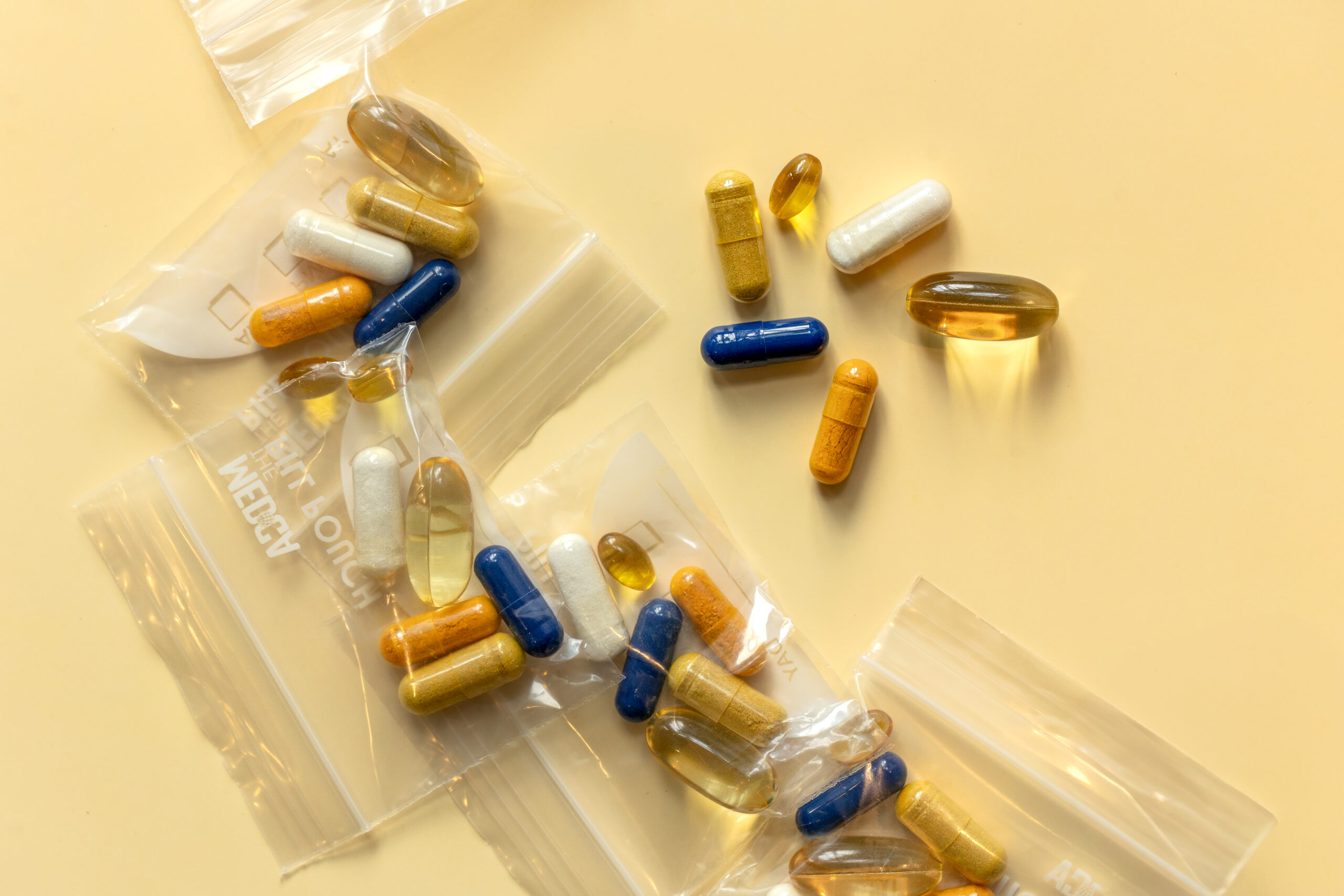Understanding the relationship between lifestyle choices and women’s hormonal fluctuations across different stages of life leads us to a profound understanding of self-care. Read below about how dietary adjustments can be tailored to the distinctive phases of the menstrual cycle, empowering women to optimize their well-being.
Understanding Hormonal Phases
Five hormones intricately orchestrate the menstrual cycle: estrogen, progesterone, testosterone, follicle-stimulating hormone (FSH), and luteinizing hormone (LH). These hormones fluctuate in four distinct phases: follicular, ovulatory, luteal, and menstrual.
Follicular Phase (Duration: 7-10 days)
- The hypothalamus triggers the pituitary gland to release FSH, stimulating the ovaries to prepare another egg.
- Estrogen levels rise, thickening the uterine lining in readiness for potential egg implantation.
- Dietary Recommendations: Fresh, energizing foods are key during this phase. Opt for salads, vegetables, lean proteins, sprouted beans and seeds, and energy-sustaining grains. Cooking methods such as sautéing or steaming preserve nutrients.
Ovulatory Phase (Duration: 3-4 days)
- Increased FSH and LH levels prompt follicles to release an egg, marking ovulation.
- Vaginal discharge may increase, and energy levels fluctuate, accompanied by cravings or headaches.
- Dietary Suggestions: Lower carbohydrate intake and focus on lighter grains like quinoa. Emphasize foods that aid estrogen elimination, such as high-fiber vegetables and antioxidants. Include steamed or raw foods for optimal nutrition.
Luteal Phase (Duration: 10-14 days)
- The corpus luteum forms, causing progesterone levels to rise, while FSH and LH decrease to prevent further egg release.
- Estrogen continues to increase, and testosterone rises towards the phase’s end.
- Energy levels may decline, and PMS symptoms may arise, signaling the body’s need for rest.
- Dietary Guidance: Prioritize B vitamin-rich foods to curb sugar cravings, calcium-rich foods to alleviate fluid retention, magnesium-rich foods for detoxification support, and fiber-rich foods for overall digestive health.
Menstrual Phase (Duration: 3-7 days)
- Progesterone production drops, triggering a decline in estrogen, signaling the hypothalamus for the initiation of a new cycle.
- Patients often experience a sense of relaxation after the estrogen drop.
- Dietary Recommendations: Focus on nutrient-rich foods to replenish the body during menstruation. Incorporate seafood, sea-based vegetables, and iron- and zinc-rich green leafy vegetables to support the body’s needs during this phase.
Conclusion
Understanding the intricacy of hormones throughout the menstrual cycle empowers women to tailor their diets accordingly, promoting optimal health and well-being. By embracing nutrient-dense foods and listening to the body’s cues, women can navigate each phase with grace and vitality. If seeking personalized guidance on hormonal balance and dietary adjustments, consulting with our clinical team of providers is always encouraged.





